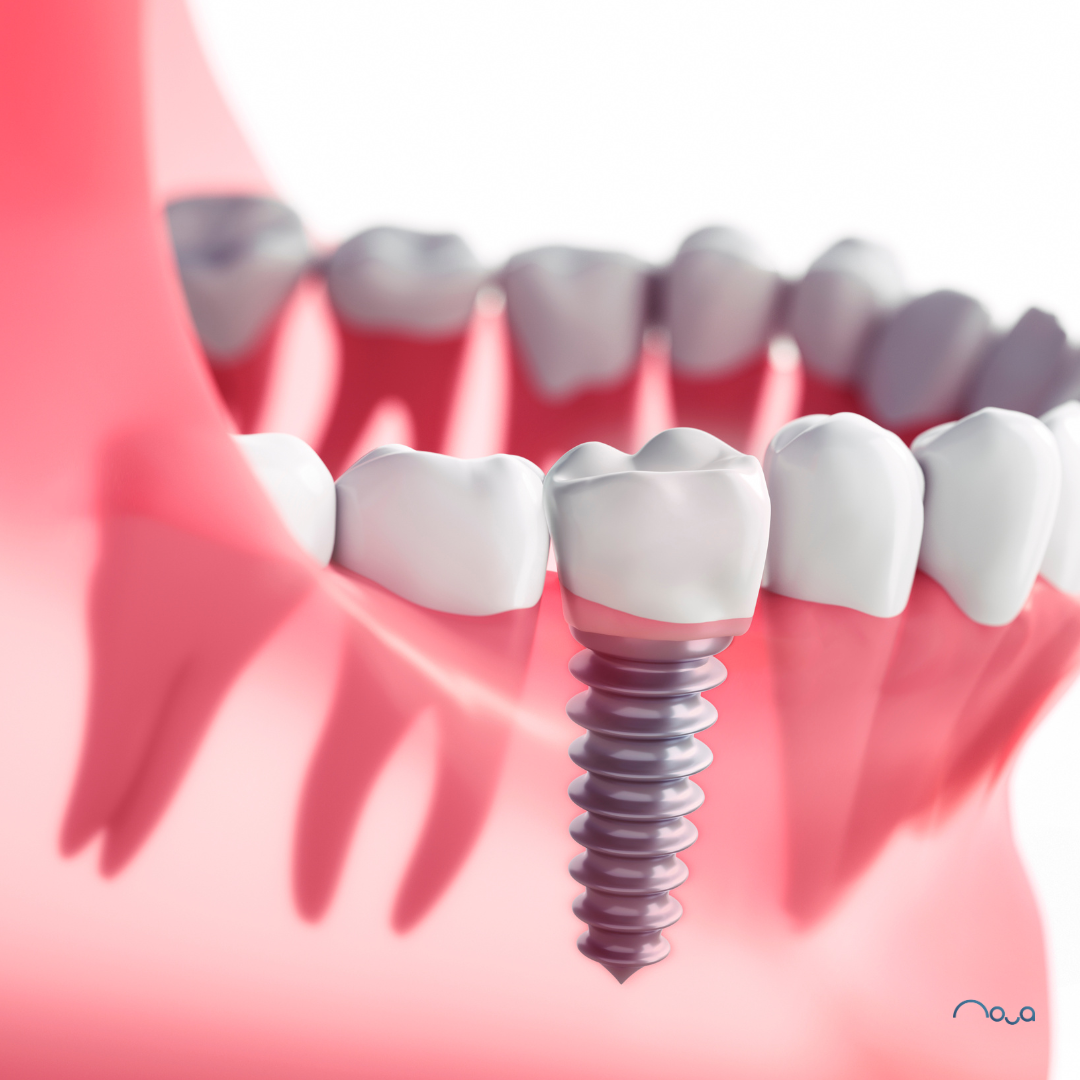What Is The Best Thing About Dental Implants?
Dental implants are revered as the best solution for replacing missing teeth for a multitude of reasons. But there’s one particular quality of an implant that brings about so many benefits for patients seeking to replace missing teeth.
What is the best thing about dental implants?
The one feature that sets dental implants apart, is that they’re fixed in your mouth.
Unlike dentures and bridges, an implant becomes a permanent fixture in your mouth. This point of difference is what brings about so many benefits for patients who choose dental implants.
A dental implant is a replacement tooth root. Once it is in your jaw, the bone mass around it latches on to accept it, as if it were a new, natural tooth root.
With your body thinking it’s received a new tooth, a biocompatible marriage is created.
With your new fixed tooth root, you will be able to benefit in the following ways:
Jawbone protection
Your jawbone receives essential stimulation from your natural teeth. When a tooth is lost, the level of stimulation declines, leaving your jawbone redundant and triggering a chain reaction of aesthetic changes including jawbone recession.
With jawbone recession comes hollow-looking cheeks and less facial volume across the lower third of the face. These changes can make the face appear gaunt and sunken.
How implants help: implants ensure the reconnection between the jaw and the new tooth root, providing stimulation and preventing unwanted aesthetic changes.
Chew with complete ease
Implants are incredibly strong once they have forged the connection with your jawbone. You’ll be able to chew with no hassle at all and much more efficiently than with dentures and bridges. Your dietary choices will no longer have to be limited because of texture (you’ll be able to take on hard and sticky foods without the worry of your teeth going awol!)
How implants help: implants are fixed and therefore won’t move an inch when you chew.
Better speech and enunciation
Bridges and dentures are reliant on neighbouring teeth and suction (respectively) to stay in place. Whilst this is relatively sturdy (mostly for the first few years of wearing them), they will eventually start to move around, hindering your clarity of speech.
How implants help: implants restore the correct alignment of your teeth and tongue. Once they are fixed in place, your tongue won’t fall into gaps in your teeth when you try to pronounce certain sounds. Missing teeth can also disrupt airflow when you’re speaking, so seeking tooth replacement with dental implants will prevent air leaks that compromise your flow of speech.
Natural-looking alignment and smile symmetry
It is possible to create dental bridges and dentures that look natural, but dental implants remain a cut above the rest when it comes to aesthetics. Once the crown is screwed over the top, it will sit in a natural-looking position in your mouth, with an optimal amount of tooth structure showing when you smile.
How implants help: implants sit in your mouth, naturally adhered to the jawbone. This means there is a perfect gum-to-tooth ratio when you smile, and each tooth will sit in a natural-looking side-by-side position.
Ask a dentist about dental implants
We understand that patients have a multitude of questions when it comes to dental implants – after all, choosing to address tooth loss is a huge deal, and we commend you for wanting to do your research.
Take the first step by speaking to one of the dentists at Nova Smiles, who can offer free advice on the dental implant journey.
We can also offer advice on how to search for a reputable dentist for dental implant treatment, and the red flags to look for.
